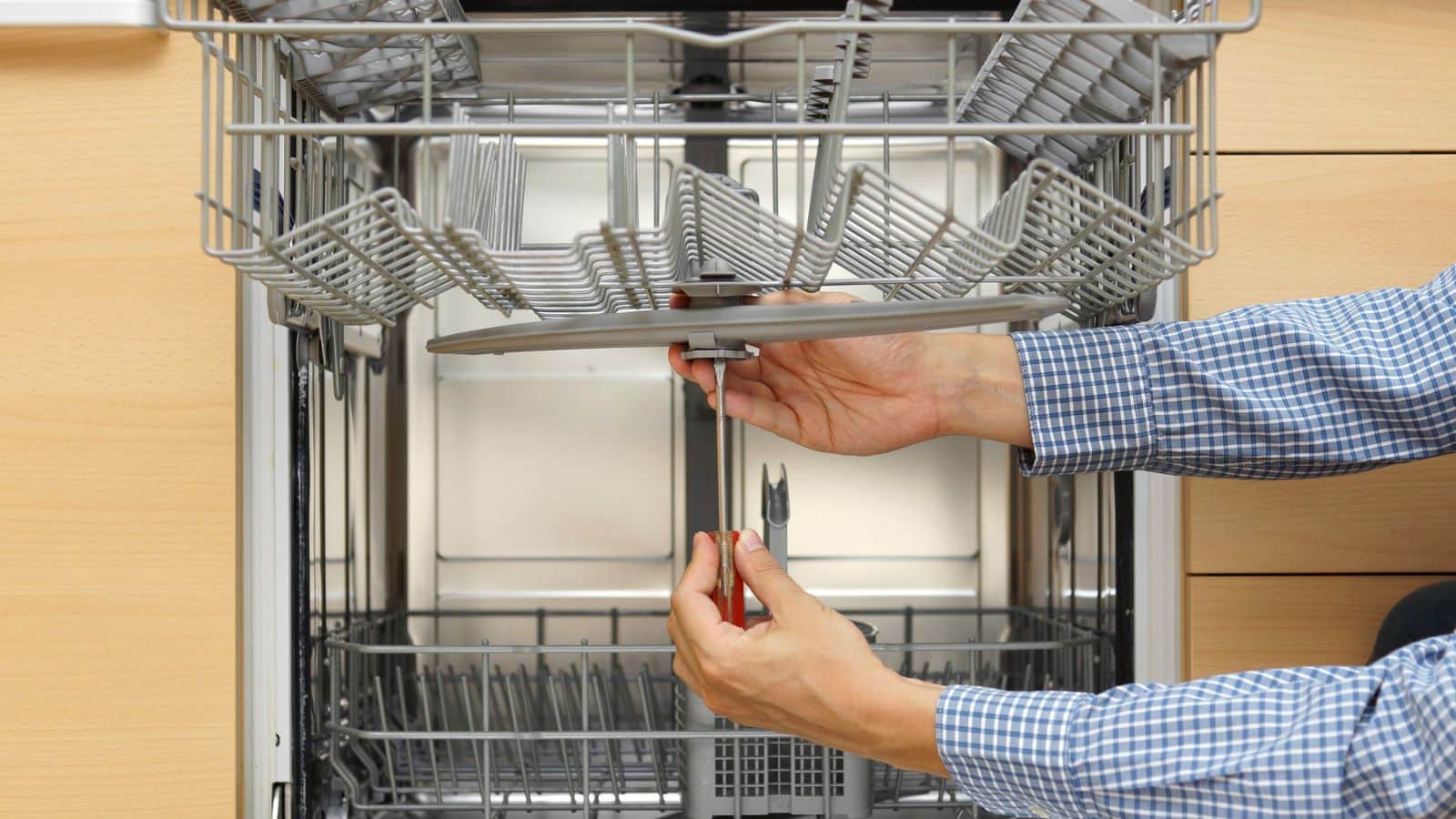Rising costs are leading more Americans to handle repairs on their own instead of hiring help. Car maintenance, home projects, and everyday fixes are now often done without professionals. This shift has fueled what’s known as the shadow economy, where money changes hands outside formal industries. What began as small money-saving DIY tasks has grown into billions spent off the books.
Car Repairs in the Driveway

Auto shops are charging record-high labor rates, pushing more people to fix their own cars. From brake changes to oil swaps, tutorials on YouTube make repairs accessible. While this saves hundreds of dollars, it also reduces revenue for mechanics and repair shops.
💸 Take Back Control of Your Finances in 2025 💸
Get Instant Access to our free mini course
5 DAYS TO A BETTER BUDGET
Home Renovations With YouTube Guides

Instead of hiring contractors, many homeowners turn to online tutorials. DIY flooring, painting, and even plumbing projects are cutting into professional business. While mistakes can be costly, families often decide the savings outweigh the risk. The explosion of how-to content online fuels this trend.
Appliance Repairs at Home

Replacing appliances has become costly, and repair services charge steep fees. Owners are buying parts online and learning to fix machines themselves. This undercuts appliance repair companies but creates an online market for parts and tutorials.
Clothing Alterations and Repairs

Tailors and dry cleaners are losing business to people who patch or alter clothes themselves. Sewing machines and online tutorials make it easier to keep clothes longer. The resale and thrift markets benefit, while traditional clothing services take a hit.
Smartphone and Tablet Fixes

Broken screens and battery swaps used to mean pricey visits to repair shops. Now, kits and video tutorials make it possible to fix devices at home. This has created a booming secondary market for tools and parts.
Landscaping and Outdoor Work

Yard services cost hundreds each month, so many homeowners are returning to DIY lawn care. Equipment rentals and shared community tools make it easier to maintain property without professionals. This shift impacts landscaping companies while boosting sales for hardware and rental businesses.
Furniture Assembly and Repairs

Instead of hiring services, people are fixing or building furniture themselves. Online marketplaces for secondhand furniture thrive because buyers are more willing to repair than replace. The DIY furniture space has become a major offshoot of the shadow economy.
A Parallel Market Built on DIY

These DIY fixes show how families are shifting money away from professional services. While they save cash, the ripple effects reshape entire industries. The shadow economy thrives on tutorials, parts suppliers, and resale markets, proving that necessity is often the biggest driver of innovation.
The $50 Home Upgrades You’ll Wish You Tried Sooner

Tight budgets don’t mean you can’t improve your home while cutting costs in the future. Plenty of small, cost-efficient changes not only make your space look and feel better but also help reduce energy bills and maintenance expenses. Here are impactful upgrades you can make for $50 or less that deliver long-term savings. The $50 Home Upgrades You’ll Wish You Tried Sooner



